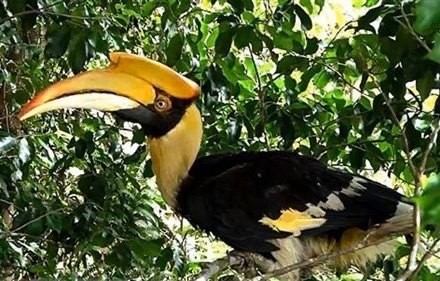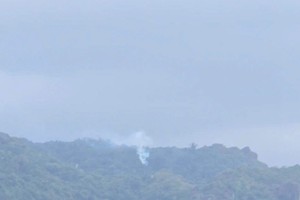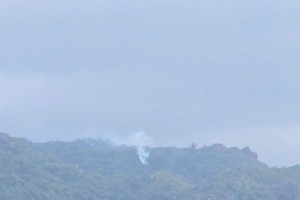
The ENV said on June 4 that this year’s World Environment Day theme of “Time for Nature” is highly meaningful as the world is facing serious and rapid degradation of biodiversity and wildlife populations.
It’s time for countries to prioritise actions and policies for conserving the nature, biodiversity and wild animals and ensuring the balance with economic development, the organisation noted.
ENV Deputy Director Bui Thi Ha said there are various choices to develop economy and eliminate poverty, but there is only one opportunity to protect biodiversity and some species from extinction in the country.
Given this, the ENV has released a short film urging the eradication of commercial breeding and farming of endangered wild animals for the sake of biodiversity, which serves as a message calling on policymakers to perfect relevant policies and legal regulations.
Many people believe the commercial breeding and farming of threatened species can both generate profit for breeders and help ease pressure on wild animals, arguing that supplies from farming facilities will lead to a sharp fall in poaching and can also be used for research or reintroduction into the nature.
However, the ENV, most of conservation organisations and scientists do not support the breeding, farming and trading of endangered wild animals for commercial purposes.
Experts said if the commercial breeding and farming are given the go-ahead, it will be difficult for authorities to identify the legality and monitor the trading, hunting and transport of wildlife individuals and their products sold in the market, a loophole that traffickers may take advantage of.
Demand for prohibited products may also increase after they are allowed in the market while there are not enough supplies from farming facilities.
It will also be hard for captive-born animals to live in the nature if they are released as they lost their survival instinct, experts noted, adding that the populations of endangered species are already very small, and the capture of individuals for creating initial breeding sources alone may also push them to the brink of extinction in the wild.
























